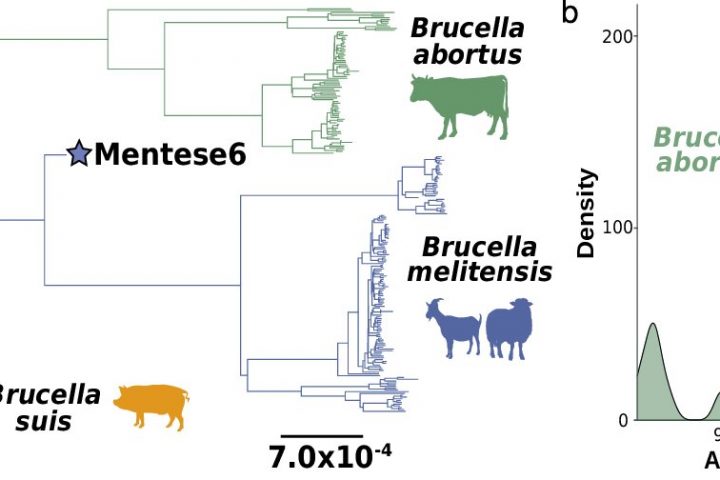Experts are calling for a radical shift in our relationship with the environment and urgent action to address the extinction crisis.
A review conducted by Charles Darwin University (CDU) reveals concerning trends in Australian biodiversity loss. Factors such as invasive species, disrupted First Nations land and sea management, altered fire regimes, and changed water flows are contributing to the crisis. Without swift action from policymakers, the situation could worsen rapidly. The findings of the review, titled “Loss of terrestrial biodiversity in Australia: Magnitude, causation, and response,” have been published in Science.
Professor Sarah Legge, a researcher at CDU’s Research Institute for Environment and Livelihoods (RIEL) and lead author of the study, emphasizes the urgent need for increased investment, policy reform, and expanded conservation management. “The current reform of Australia’s environmental legislation could bring about transformative change,” says Professor Legge. She highlights the low value placed on environmental conservation and the inadequacies in legislation, policy, and management.
The study reveals that the extinction risks for Australian mammals are significantly higher than the global average. Dr. Libby Rumpff, a researcher at the University of Melbourne, stresses the need for a radical shift in our relationship with the environment to mitigate these risks. “If we don’t adequately control biodiversity threats, predictions of ecosystem collapse and escalating extinction rates for Australian endemic species could become a reality. Effective recovery requires society to reframe its relationship with the environment,” says Dr. Rumpff.
While the study highlights the shortcomings that have contributed to past and ongoing biodiversity declines, it also acknowledges examples of successful conservation efforts. Professors John Woinarski and Stephen Garnett, researchers at CDU RIEL and co-authors of the study, emphasize the importance of strategic expansion in conservation practices, such as invasive species control, First Nations land management, and citizen science. They believe that renewed funding and stronger legislation are crucial for supporting these efforts.
The study also highlights the compounding effect of climate change on existing threats and new environmental stresses. Population declines, ecosystem shifts, and severe wildfires are among the consequences. “Habitat loss and other environmental impacts are now exacerbated by climate change, particularly through extreme drought, heat, wildfire, and flooding,” says Professor Garnett. He warns that some ecosystems and species may not recover before the next comparable event, leading to significant shifts in vegetation composition and the loss of many species.
These ongoing and escalating losses of nature will have a profound impact on all of us and the world we leave to future generations. It is imperative that we create a better world and transform the way we live in this country.








